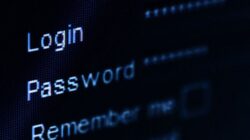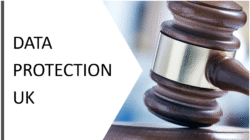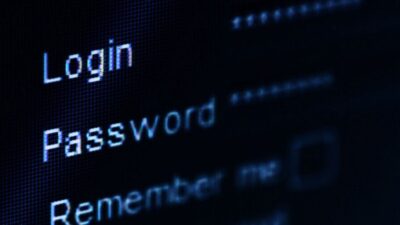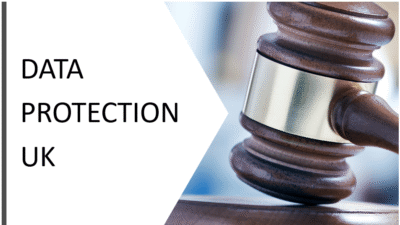Beginning with checklist secure cloud storage Asia, the narrative unfolds in a compelling and distinctive manner, drawing readers into a story that promises to be both engaging and uniquely memorable. Secure cloud storage has become a critical component for individuals and businesses alike in an increasingly digital world, particularly in Asia where the rapid growth of technology necessitates robust solutions for data management and protection.
The checklist serves as a guide to ensure that users are equipped with the knowledge and tools necessary to safeguard their digital assets effectively.
As cloud technology continues to advance, understanding the nuances of secure storage options is imperative. This checklist encompasses various aspects including security protocols, compliance with data protection regulations, and essential features that ensure data integrity and accessibility. By adhering to this checklist, users can navigate the complexities of cloud storage effectively, mitigating risks associated with data breaches and ensuring a seamless experience.
In today’s fast-paced world, the importance of effective communication cannot be overstated. Whether in a professional setting or in our personal lives, the way we convey our thoughts, ideas, and feelings significantly impacts our relationships and outcomes. This article delves into the essential aspects of communication, exploring its various forms, challenges, and techniques to enhance our overall communicative abilities.
The Importance of Communication
Effective communication is foundational to human interaction. It serves to share information, express emotions, and foster connections among individuals. In a workplace environment, clear communication can lead to improved teamwork, better problem-solving, and increased productivity. In personal relationships, it is crucial for expressing love, understanding, and support. Poor communication, on the other hand, can lead to misunderstandings, conflicts, and a breakdown of relationships.
Types of Communication
Communication can be categorized into several fundamental types:
Verbal Communication
Verbal communication involves the use of spoken or written words to convey messages. This includes face-to-face conversations, phone calls, and written correspondence such as emails or reports. The tone, speed, and clarity of our speech can greatly influence how our message is received.
Nonverbal Communication
Nonverbal communication encompasses body language, facial expressions, gestures, and even eye contact. Research shows that a significant portion of our communication is nonverbal. For instance, a smile can enhance a verbal message, while crossed arms may convey defensiveness, despite what is being said.
Visual Communication
Visual communication employs visual aids to convey information. This can include charts, graphs, infographics, and videos. In an increasingly digital world, visual communication has gained prominence, especially in marketing and education, as it can simplify complex information and make it more engaging.
Barriers to Effective Communication
Despite its importance, effective communication can often be hindered by various barriers:
Linguistic Barriers
Language differences can pose significant challenges, particularly in diverse environments. Jargon, slang, or technical language may alienate individuals who are not familiar with specific terms or concepts.
Cultural Barriers
Cultural differences can influence communication styles and interpretations. What may be considered polite or acceptable in one culture might be perceived differently in another. Understanding and respecting these differences are crucial for effective interaction.
Emotional Barriers
Emotions play a significant role in communication. Feelings of anger, frustration, or anxiety can cloud our judgment and affect how we express ourselves. Similarly, individuals may misinterpret messages based on their emotional state.

Techniques for Improving Communication Skills
Improving communication skills requires practice and awareness. Here are several techniques to consider:
Active Listening
Active listening involves fully concentrating on the speaker, understanding their message, responding thoughtfully, and remembering key points. This not only fosters a sense of respect but also enhances mutual understanding.
Clarity and Conciseness
Being clear and concise in your communication helps to avoid misunderstandings. It is essential to present your ideas in a straightforward manner, omitting unnecessary details that may confuse the listener.
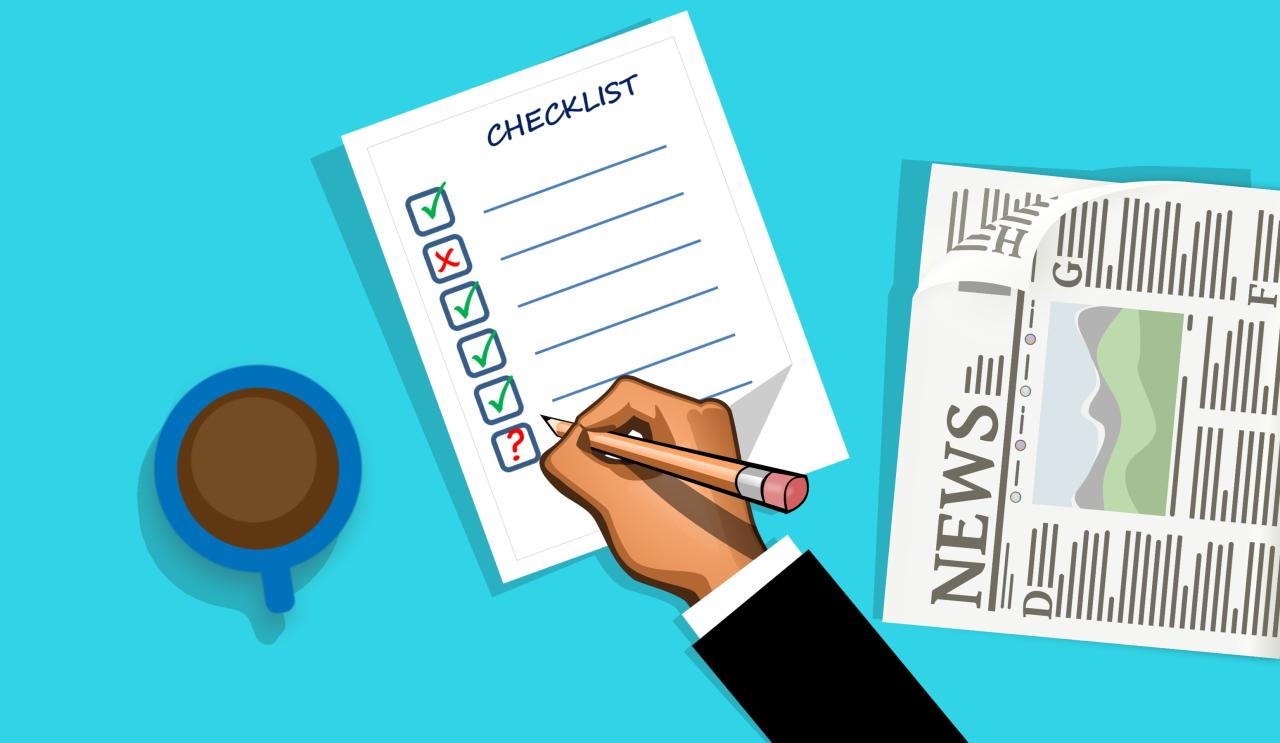
Empathy and Understanding
Cultivating empathy can greatly enhance your communication. By putting yourself in the other person’s shoes, you can better understand their perspective and respond in a manner that resonates with them.
Feedback and Confirmation
Providing and seeking feedback is an essential component of effective communication. This can involve summarizing what the other person has said to ensure understanding or asking for clarification when in doubt.
Practice and Role-Playing
Engaging in role-playing scenarios can be an effective way to practice communication skills. This allows individuals to experience different perspectives and improve their responses in various situations.
Conclusion
In conclusion, effective communication is a vital skill that influences every aspect of our lives. By understanding the different forms of communication, recognizing potential barriers, and implementing strategies to improve our skills, we can foster better relationships, enhance our professional interactions, and contribute to a more harmonious environment. Taking the time to develop these skills not only benefits ourselves but also those around us, creating a culture of understanding and respect.Developing strong communication skills is a lifelong journey.
By committing to continuous learning and practice, we can navigate the complexities of human interaction with greater ease and effectiveness.
Key Questions Answered
What is secure cloud storage?
Secure cloud storage refers to online data storage solutions that prioritize the safety and protection of user data through encryption and compliance with security standards.
Why is secure cloud storage important?
It is crucial for protecting sensitive information, ensuring data availability, and maintaining compliance with legal regulations regarding data privacy.
What features should I look for in a secure cloud storage provider?

Look for features such as end-to-end encryption, multi-factor authentication, compliance certifications, and robust data recovery options.
How does secure cloud storage differ from traditional storage?
Secure cloud storage offers remote access, scalability, and enhanced security measures compared to traditional on-premises storage solutions.
Can cloud storage be used for business data?
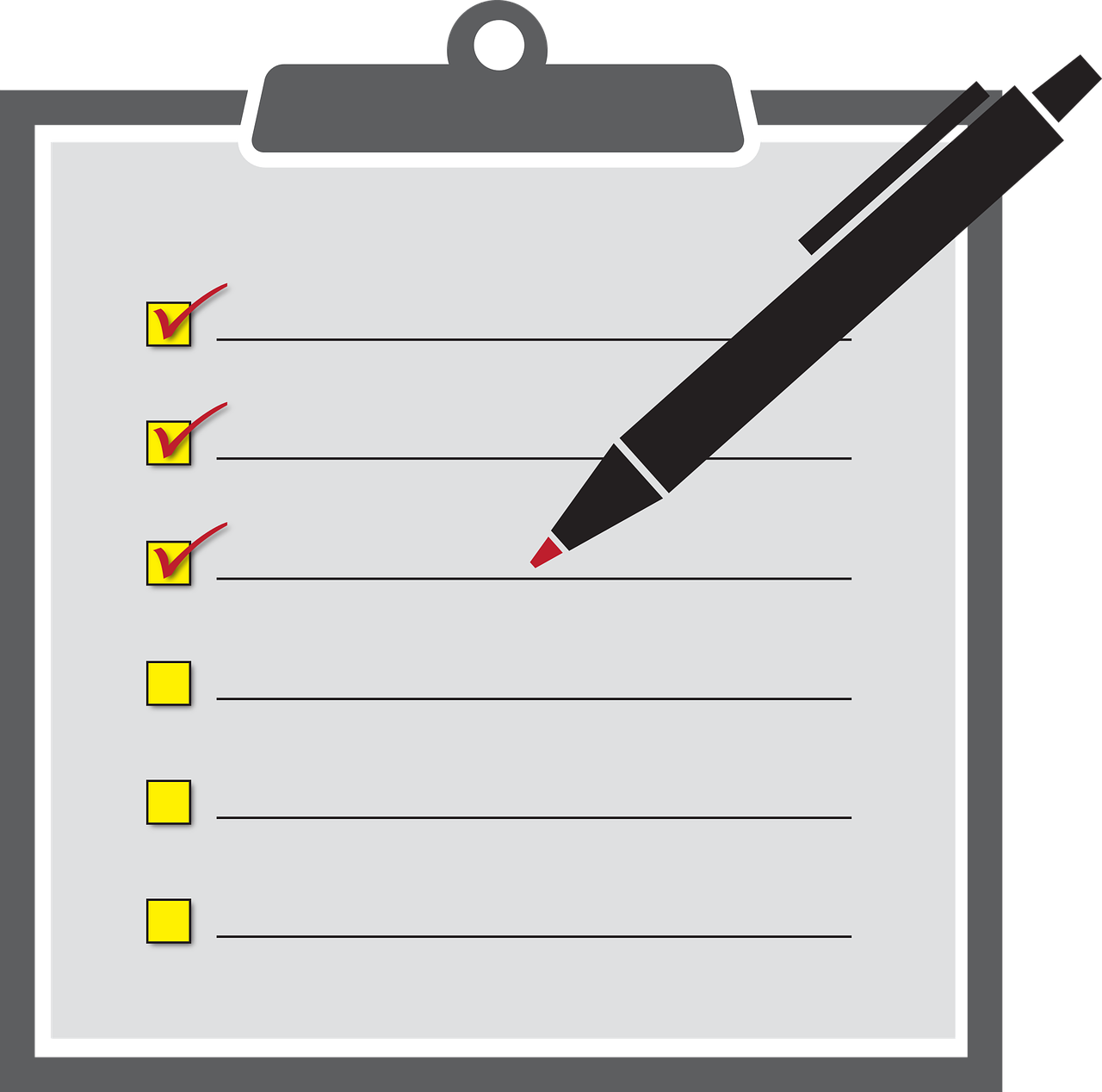
Yes, many businesses utilize secure cloud storage for its flexibility, scalability, and ability to provide continuous data protection and compliance.



